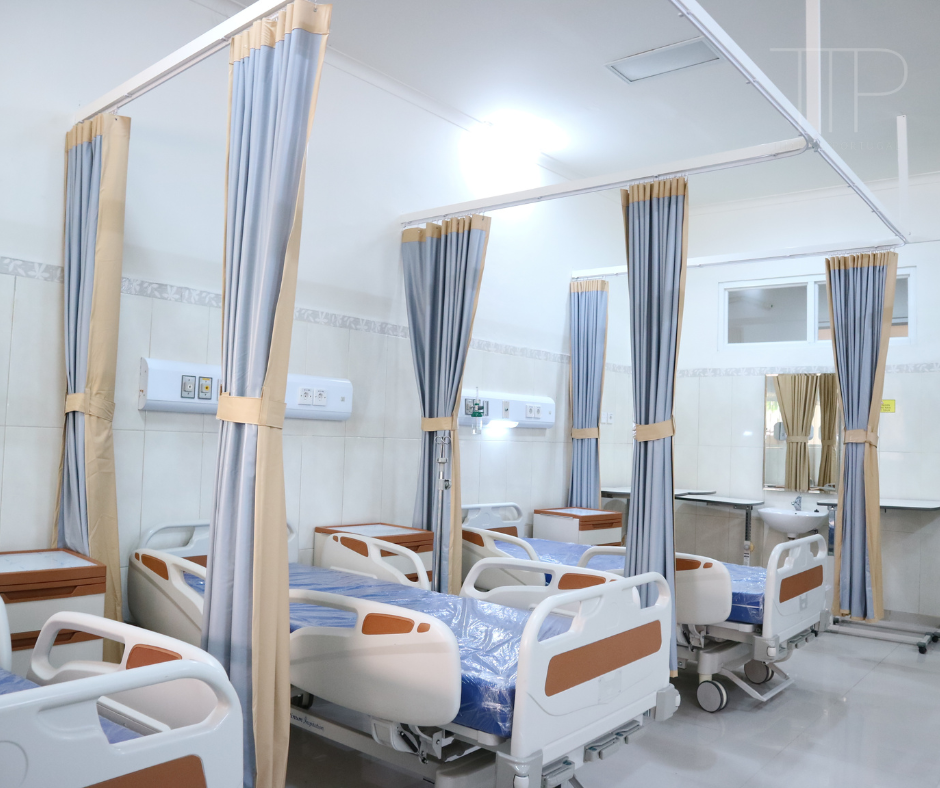Non-urgent cases without prior referral from SNS24 or INEM will be referred for consultations at health centers.
According to the Público newspaper, the government has just taken a “first step” to remove minor, non-urgent cases from hospital emergency rooms and reduce excessive demand on health services.
According to the newspaper, in future, patients screened with blue or green bracelets who arrive at the emergency room on their own will be referred for a consultation, on the same day or the following day, at a health center or day hospital, as already happens in other countries.

This limitation on access to emergency services is set out in a draft ordinance from the office of the Minister of Health, Manuel Pizarro, to which Público has had access and which is due to be in public consultation for 30 days.
In order to be seen in an emergency room, it will then be necessary for the patient to be previously referred by INEM’s Urgent Patient Guidance Center, by SNS24, by primary health care, by a doctor with “signed clinical information” or by another health institution, says the daily.
As a result, adults up to the age of 70 who arrive at the hospital emergency room on their own and without prior referral will first have to call SNS24 (808 24 24 24), inside the hospital itself, where “a telephone installed on site” will be made available for this purpose, according to the newspaper.
If the patient refuses or cannot be referred via SNS24, they will always be registered with the emergency service and assessed in triage. However, if they are given a blue or green wristband – cases considered to be non-urgent, according to the Manchester triage – they will not be seen in the emergency department, as long as they are guaranteed an appointment the following day.
The law does highlight some exceptions to this new rule, namely: older patients (aged 70 and over), bedridden or wheelchair-bound patients, trauma victims and patients with acute psychiatric and obstetric conditions, pregnant women, patients with gastrointestinal or vaginal bleeding, local infections and abscesses, with eye problems, patients who have suffered falls or burns and anyone with a history of active cancer disease, chronic kidney disease or peripheral arterial disease, among other situations.
Público points out that these restrictions will be phased in, and that they are “conditioned by the response capacity of the different levels of care”, which is “significantly different throughout the national territory”, according to the draft ordinance. The SNS Executive Board, which devised this measure, will be responsible for “verifying and demonstrating compliance” with the requirements needed to implement the new operating model.

